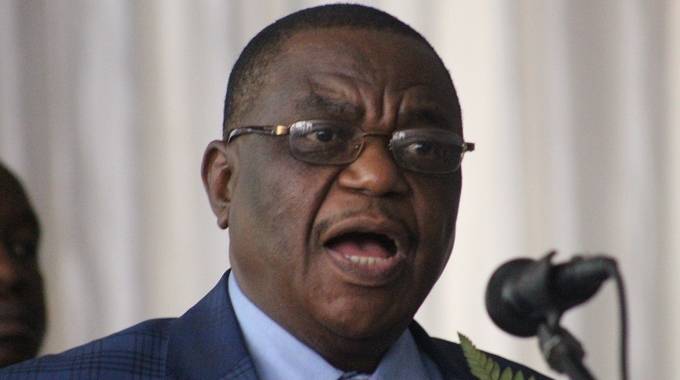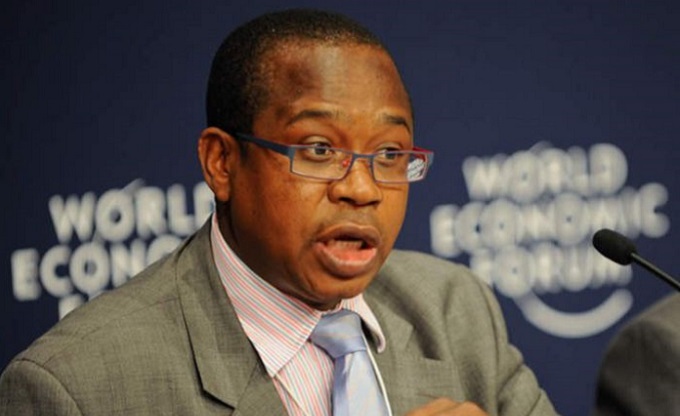Whither to, Zimbabwe?

Stephen Mpofu, Perspective
“TODAY we are not singing politics as you all know. We are saying the time for politics is behind us (and that) now is the time for development.”
In these words to people attending a memorial service for his sister, Cde Margaret Machekabuwa, earlier this week in Marondera, Vice President Constantino Chiwenga poignantly summed up the huge developmental programme before our nation and the mood with which Zimbabweans should embark on the economic transformation to put a smile on everyone’s face as a united people.
His address accords with the transitional stabilisation programme the implementation of which Cabinet approved on Tuesday as a prelude to vision 2030.
Announced by the Minister of Finance and Economic Development, Professor Mthuli Ncube, the programme seeks to ensure the stabilisation of the macro-economic environment that include the financial sector, introduction of necessary policy and institutional reforms to facilitate private sector led economic growth and the launch of quick win projects and programmes to stimulate economic growth.
Implementation of the quick win projects and programmes will be undertaken in 100-day cycles guided by the Rapid Results Approach.
The key features and objectives include addressing various existing and external macro-economic imbalances, thus providing a foundation for robust economic growth and development.
A trimmer, cost-effective and efficient civil service will become necessary to achieve the intended developmental goals, as should a small, efficacious rather than a blotted private sector workforce.
Then comes the big one, corruption, which should become anathema in both private and public sectors.
Corrupt practices have tarnished the images of many governments in Africa as well as in other developing nations and a requirement for those in the public service to declare their assets must be regarded as one effective way of curbing corruption.
But while economic development appears to be the big thing on everyone’s lips right now, are all political groups in this country prepared to give power politics a rest in order for vision 2030 to succeed?
Some opposition political groups are known to have a desire for a parallel presidency, and therefore a government opposed to that of the ruling Zanu-PF once the state of emergency arising out of the cholera outbreak in Harare has been lifted.
Their spokesperson also told the Voice of America radio recently that the opposition grouping planned to play a critical role in local councils that it controlled when the devolution programme became effective.
He did not explain if that role will be complementary, or in opposition, to the government’s developmental initiatives. And this suggests that power politics might again overshadow efforts to transform Zimbabwe’s economy for the good of all citizens regardless of their political persuasion.
It should be obvious to everyone that there can be no peace in a country ruled by two rival political organisations and that Zimbabweans might just as well kiss goodbye to foreign investment and international aid if there is no unity of purpose in our country.










Comments